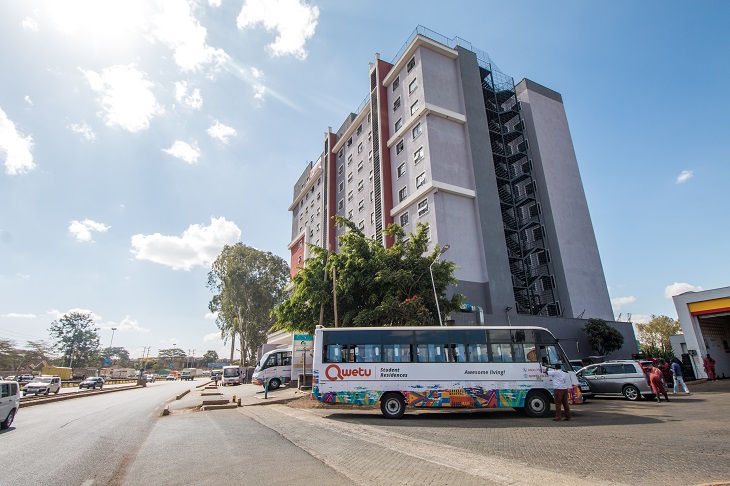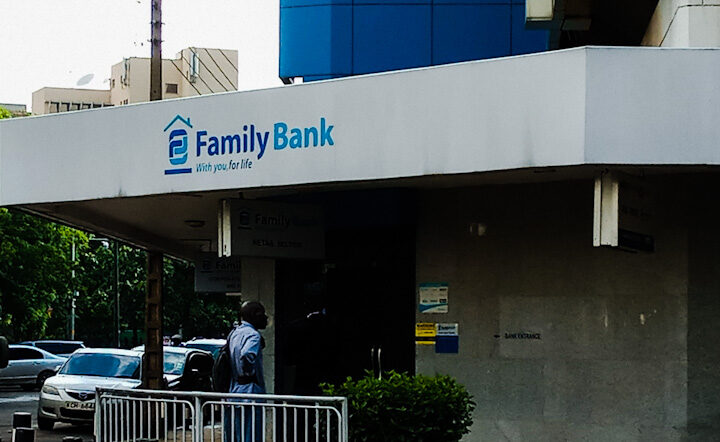The year was 2000, and Kenya was facing a student housing crisis. To provide students with opportunities for higher learning, the government encouraged both public and private universities and technical institutions to increase enrollment.
The Education Ministry, on its part, rolled out universities across the country while universities opened satellite campuses. However, there was minimal or, in more severe cases, no investment in hostels to accommodate the influx of new learners.
Institutions, overwhelmed by the surge in new learners, were unable to provide adequate on-campus accommodation. This forced many students to find their housing.
The symptoms of this underfunding in student housing saw students seek living spaces that were properly designed. Hot showers, reading spaces, and recreational facilities such as gyms were unheard of; only very few private hostels offered these amenities.
It was against this backdrop that Acorn saw an opportunity.
With its expertise as a developer, operator, and asset manager of rental housing in Sub-Saharan Africa, Acorn Holdings had all three necessary ingredients to execute its goal of managing hostels, or in financial lingo, Purpose-Built Student Accommodation (PBSA), throughout the project lifecycle.
In 2016, Acorn set out on a new path that would create Qwetu, the biggest brand in the student housing space, when it broke ground on two sites in Jogoo Road and Ruaraka.
The two PBSA properties opened their doors to students in 2018, boasting a combined 734 rooms, all offering self-contained quality hostel living. Each room was fully furnished with a fridge, cooker, bed, microwave, wardrobe, and Wi-Fi. Students also enjoyed the added benefit of free shuttle services for their academic commutes.
And they were a hit. The Jogoo Road and Ruaraka achieved over 90% occupancy levels in 15 months and less than 12 months, respectively.
The third PBSA under the Qwetu brand, Qwetu Wilson View, was launched in February 2020.
Qwetu quickly became the benchmark for premium student housing in Kenya, creating a clear distinction: there were regular hostels, and then there was Qwetu.
Qwetu units were now tried, tested, and the result was an A.
But now Acorn had a new challenge. It was ambitious. The developer needed funding, and lots of funding if it was to fill the gap of student housing, which was estimated at 300,000 beds, and traditional sources of capital, such as banks, would not do.
Traditionally, banks have financed such projects, but they have had limitations. First, banks often lend over the short term, but projects such as PBSAs are long-term and therefore must be similarly financed over a longer tenure.
PBSAs such as the ones Qwetu was putting up need massive funding, often beyond the limitations of lenders.
But there was one invention in modern finance that was a silver bullet. Real Estate Investment Trusts (REITs). For far too long, real estate investments in Kenya have been a privilege reserved for the few. High entry costs, limited liquidity, and widespread fraud have locked everyday Kenyans out of one of the country’s most powerful wealth-building opportunities.
In partnership with Acorn, the pioneers behind Africa’s first Student Accommodation Real Estate Investment Trust (ASA REITs), Vuka makes it possible for you to invest in a professionally managed, income-generating real estate portfolio.
Related Content: Don’t Let Go Before Trying Your Hand In These 7 Investment Opportunities In Kenya










